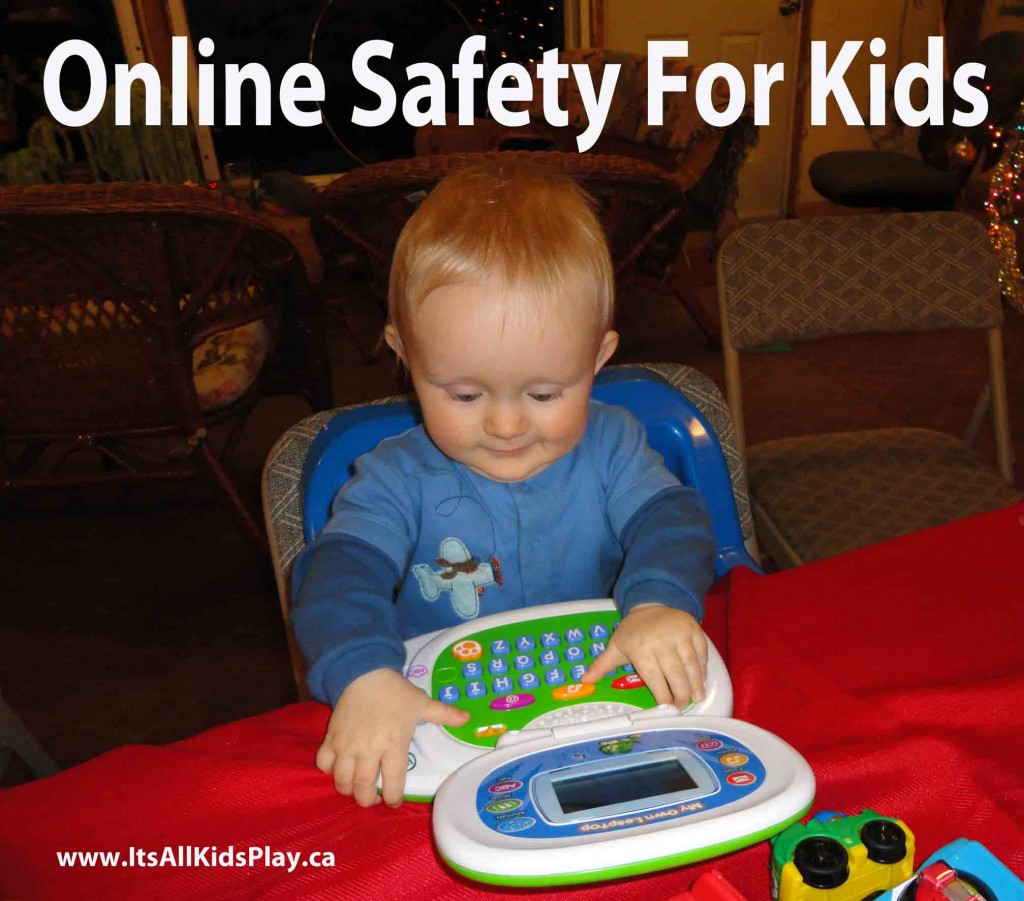Why is it Important to Teach Our Digital Citizens Online Safety?
The internet is the new neighbourhood for our children. Just like we teach our children to look both ways before crossing the road and to never talk to strangers, we also need to teach them the safety rules for the online neighbourhood world.
Spending time online is important in today’s world and it is important for our children to learn the skills required to navigate the online world, engage in critical thinking, digest and evaluate the information they receive, and so much more. But we also need to teach them of possible online dangers and to limit their time in front of the screen (as screen time of any kind has a negative impact on our children’s attention spans).
Here are a few tips to get you started when discussing online safety with your children or students.
Enjoy!
Online Safety Tips for Children
Keep Personal Information Personal: Keep your real name, phone number, address, birthday, school, photo, and password private. Never give this out to people on the Internet. If they haven’t been to your house and had supper with your family, consider them to be a stranger, no matter how much you think you may know them. People on the Internet are great at pretending.
Keep Non-Personal Information Personal: Be careful how much ‘non-personal’ information you give out. Even though you might use a fake name and say you are in “Canada” instead of your town or city, if you give details about the area you live (I can see the mountains from my window!) and your life (I won a provincial dance competition this weekend), you are giving out clues on how to find the real you. How many people won a provincial dance competition last weekend? Not very many!Another example: if your town just had a huge snowstorm and five trucks drove off the road and you talk about it online, people might be able to find you (or your town) using that information. Think about news websites. It isn’t difficult to Google snowstorms and accidents.
Keep Small Personal Information Pieces Personal: Information like your school’s teams name, hobbies, places you like to hang out–all of those kinds of things can help lead a stranger to you. So be careful! (Other don’ts: Don’t give out your teacher’s names, school name, your age, your grade, your family’s names.
Don’t Fall For Fakers, Liars, and Sneaks: People aren’t always who they say they are. Maybe that 12-year-old is really a 40-year-old. How can you prove they are who they say they are? You can’t.
Keep It Online: Never, ever meet someone you met online in real life–unless a parent comes with you.
Listen to Your Feelings: If someone makes you feel uncomfortable, sad, or unsafe online, stop and tell an adult. Trust your feelings.
Free Isn’t Always ‘Free’: When we get a free service online, sometimes it isn’t truly free. Game sites that are free may be trying to get you to buy something either through their ads, their free introductory game, or by placing cookies on your computer that tracks your behaviour so they can sell it to advertisers. You are the product being sold! Be aware.
Treat Others with Respect: The world is getting smaller and smaller. Our behaviour online affects our real lives too. Treat others well and just as well as you would in real life–if not better. Be aware that what you do online can be traced back to the ‘real’ you.
Keep Up-To-Date: Always keep your firewall and virus protector on your computer up-to-date before going online. There are many reliable, free ones out there. But free can come at a cost. Be safe! Do regular scans with other programs as well.
If In Doubt: If you aren’t sure if you should give out the information–don’t. If in doubt about anything online, ask your parents. This includes clicking on advertisements, warning pop up boxes, filling out surveys, any downloads, updates, and more.
Play safe!
Feel free to share these tips with others–simply provide credit. Thanks!
P.S. Parents, one of the simplest ways to help keep kids safe online is to teach them these rules, spot check what they are doing so they know they could get ‘caught’ if they stray from the rules, keep computers in a central place in the house–so they know you can peek over their shoulder at any time, and talk about online safety and news items that relate to kids and computers. I know I sometimes forget to treat computers and the Internet like the privilege they are and not like a right. If we teach them our expectations well at home, hopefully they will keep them with them as a guide when they jump online outside the home.



